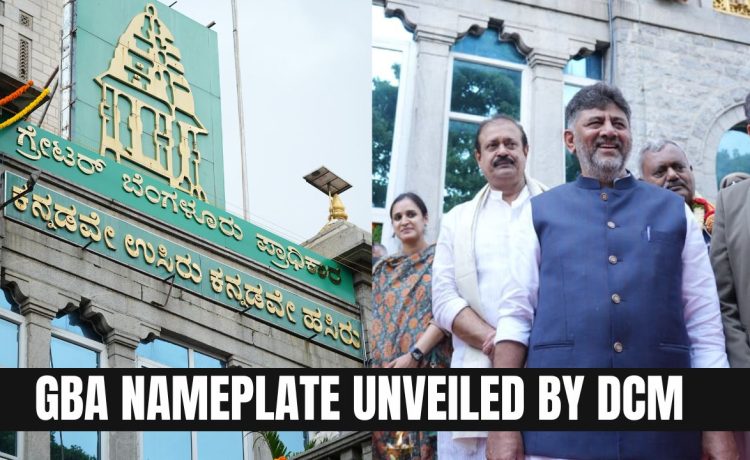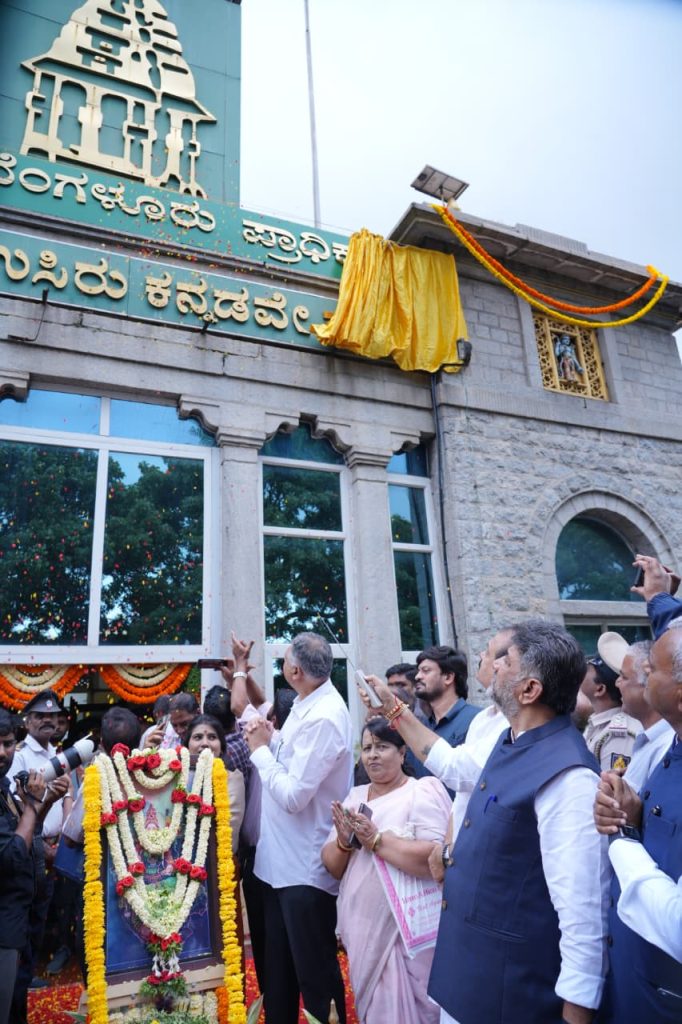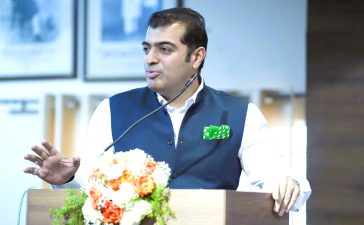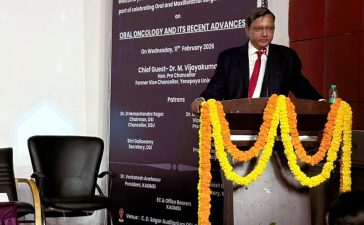Key Quotes
-
On Governance: “The idea is to take governance to people’s doorsteps. Municipalities will also identify and manage roads, drains, and other civic works within their jurisdiction.” — D.K. Shivakumar, Deputy CM
-
On Public Participation: “People can share their ideas and designs. The best three to five designs will be selected, and the winners will receive a cash award of ₹5 lakh.” — D.K. Shivakumar, Deputy CM
-
On Commissioner’s Role: “Commissioners must work closely with citizens… Since this is a huge responsibility, they may have to work 17–18 hours a day.” — D.K. Shivakumar, Deputy CM
-
On Civic Duty: “People should honestly declare their properties and pay taxes. Only then can we achieve accountable administration.” — D.K. Shivakumar, Deputy CM
![]()












